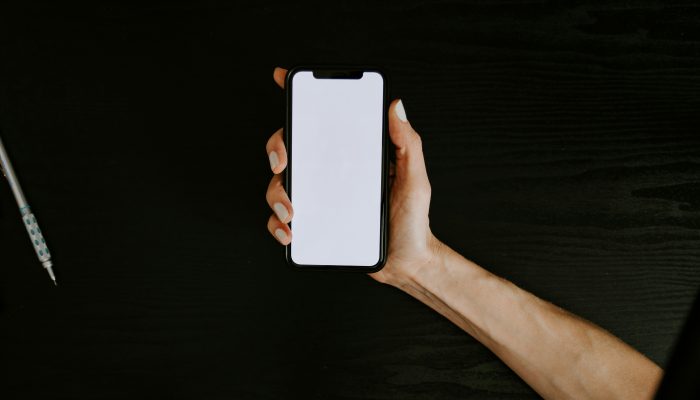In speaking with men and women who have gone to prison, they experience withdrawals from having a cell phone once they are inside, something not allowed in federal prison. They feel imaginary vibrations in their pockets from a cell phone that is not there. They miss the connection with their family and friends. They are disconnected further from society. Loved ones who they used to text or call regularly have seemed to have vanished. The instantaneous access to calls, emails and information are over. It understandably takes a while to get used to. However, access to cell phones, particularly in minimum and low security prisoners is easy.
Illegal cell phone use by federal prisoners is an ongoing issue. Prisoner are not allowed to use cell phones and must instead make calls on monitored phone lines where use is capped at 500 minutes/month and individual calls are limited to 15 minutes. During those calls, all of which are monitored and recorded, a prerecorded message comes on indicating that “This call is from a federal prison.” While many institutions have tablets, they are not connected to the Internet and are mostly repositories for games, movies, programming and reading material. In short, prisoners are cut off from the outside world.
However, cell phone illegality has not stopped prisoners from using them despite the penalties. A few years ago, if a cell phone was found on a prisoner he/she was put into special housing unit (SHU) for a period of time, they were shipped to another prison, and lost up to 41 days of Good Conduct Time thereby extending the prison sentence. In fact, the sanction is so severe that it is considered a 100-level disciplinary infraction, right up there with attacking another prisoner.
When a phone is found on a prisoner, the phone was routinely sent to the FBI to identify the parties involved to make sure that there was nothing nefarious and to see who was being called. However, the flow of cell phones into prisons is at such a level that the federal Bureau of Prisons (BOP) is so overwhelmed that it rarely sends someone to SHU, docks them 41 days of Good Conduct Time and then calls it a day. No transfer, no SHU and no FBI scan of the phones which a BOP corrections officer told me accumulate in a secured area. In laughing about the extent of the problem he told me, “In the old days we would have looked at those confiscated phones as evidence, but some corrupt correction officers look at them as inventory to resell to inmates.”
In the past, there have been dangers associated with cell phones. In 2015, nine prisoners were indicted for using a cell phone in arranging the ambush killing of BOP officer Lt. Osvaldo Albarati. Recently, Senator Jon Ossoff introduced legislation to crack down on cell phone use. The BOP is always concerned about security and cell phones pose an unusual risk when being used for coordinating criminal activity ranging from drug drops at the prison to hits on rivals.
You can read the full article at Forbes.

